“What’s hard to say?”
This was Alan Alda’s first question to an audience full of particle physicists at the SLAC National Accelerator Laboratory on October 25. Alda’s talk, “Helping the Public Get Beyond a Blind Date with Science,” started by evoking the types of conversations, both personal and professional, that leave us fumbling for the right words.
As one of the few non-particle-physicists in the audience, I felt like a lucky interloper. The M*A*S*H star and host of the PBS series Scientific American Frontiers has built a new career on challenging scientists to communicate more effectively. As a science writer in training in the UC-Santa Cruz Science Communication program, I’ve been looking for all the guidance I can get… preferably framed by endearing analogies.
Alda didn’t disappoint. He fleshed out a theory of communication based on the three stages of love. He told us that our goal was to move the public past initial attraction, toward a deeper emotional connection, and finally into commitment. He suggested that communicating romance (“Why are you breaking up with me?”) wasn’t so different from communicating science (“What exactly is particle physics?”). Both, he said, require looking someone in the eye and using the words that person can understand.
Alda described a strange experience he had while interviewing a scientist for Frontiers. He noticed that she fluctuated between two kinds of speech: a robotic, jargon-filed lecture she gave straight into the camera, and a warmer, clearer message that came across only when she was looking him in the eye.
I’ve noticed these two distinct kinds of conversation even in my first month of calling myself a “science writer.” The scientists I’ve interviewed slip between humanese and jargonese, and I’m guilty of the same inconsistency. When I finish digesting a paper, I’m proud of myself for understanding it. Somehow I want drag readers through the same technical muck I just waded in, so they can emerge on the other side, muddy but enlightened.
But when I call my mom to tell her about the cool science I’m covering, the story comes out differently: “Okay, so it’s really crazy. There’s these crazy green algae, and they make this special protein…”
Finding the right tone, somewhere in between technical muck and a casual chat, is a game of boundaries. Alda’s romance analogy expresses my discomfort nicely. “Blind dates are scary, scary times,” he said, “We feel alone, we feel alienated, unless you can bring us in and warm it up for us.” He may have been talking about the uneasiness of a science-phobic public, but I think the fear works both ways. The communicator is afraid of failing too – of making the reader turn the page mid-sentence, ignoring both a fascinating scientific discovery and hours of careful sentence-crafting.
Inspired by Alda’s love analogy, here are some lessons I’m learning as a SciCom student that seem equally useful on a blind date:
- Tune in to feedback. Alda’s Center for Communicating Science puts scientists through improvisational acting classes, forcing them to focus on the other person’s subtle cues. Similarly, I want to use editors’ feedback and the immediacy of social media to be more conscious of what rings true and what hits with a thud, even if the reader is hidden from me as I write.
- Don’t try to sound smart. Alda rejected the idea that explaining the very basics of a concept would be insulting to a reader or listener. In fact, he says, people are flattered if they already know what you’re telling them.
- Don’t oversell. First dates bring out the urge to impress. It’s tempting, for example, to make it sound like your band in college was a bigger deal than it was. It’s also tempting to imply that scientists have really solved something or fixed something once and for all. I want it to be true as much as they do, but exaggerations are insulting to your date — I mean, reader.
- Share what you love. Not all science excites me in the same way, but when I find the right story, the results are electrifying. Alda told the story of a scientist so passionate about spiders that she slept on lava beds to be near them for months in the field. As I dig for new stories, I remind myself that publicizing my passions is the only way to find the people who share them.
When I shook Alda’s hand after the talk and introduced myself, he told me I had an important role to play in communicating science to the public. It’s exciting to think I could use writing to do what he has done in front of the camera: lend warmth and accessibility to new discoveries. As for my own blind date with science, things are getting serious.

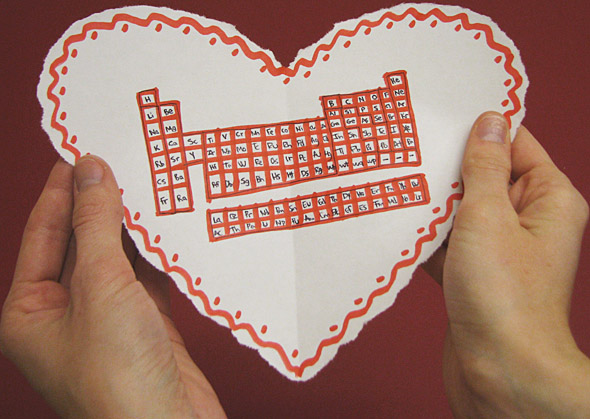
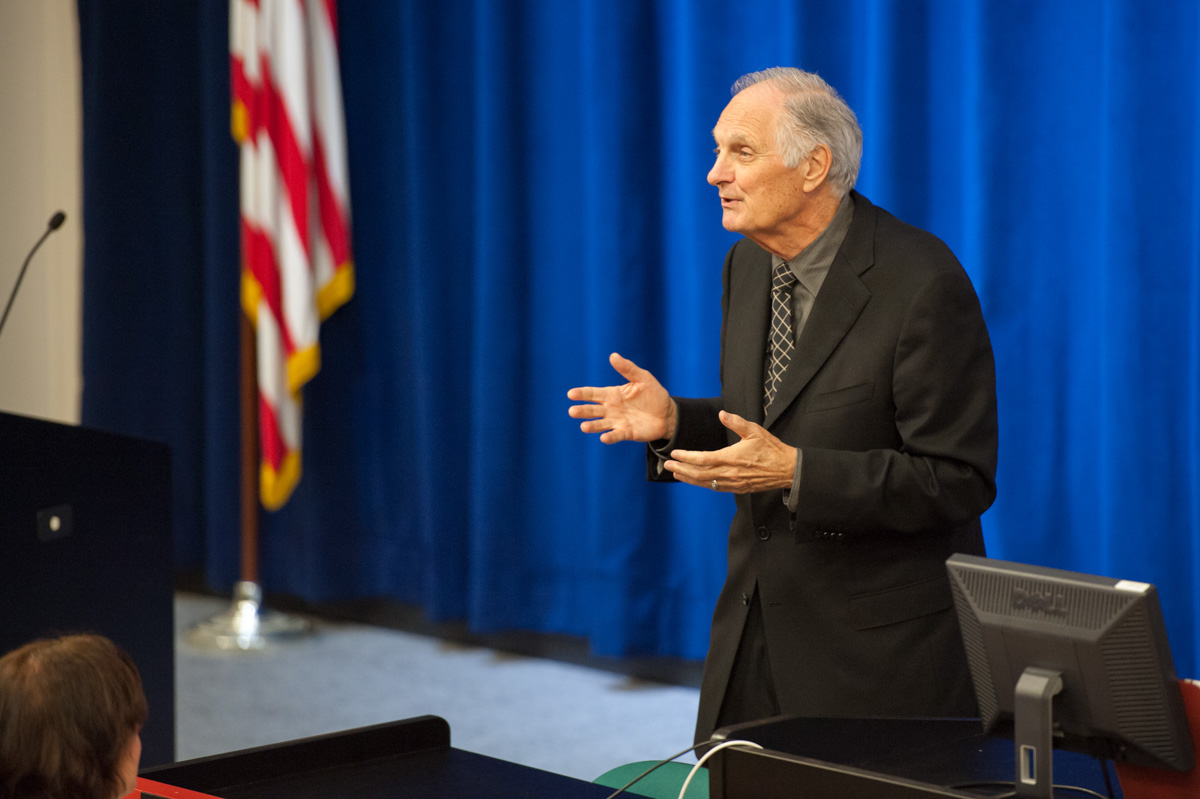
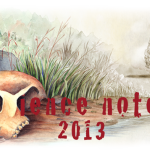

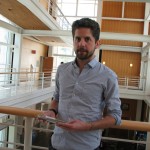
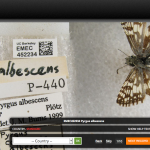
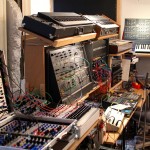
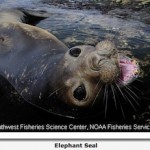
Comments are closed.